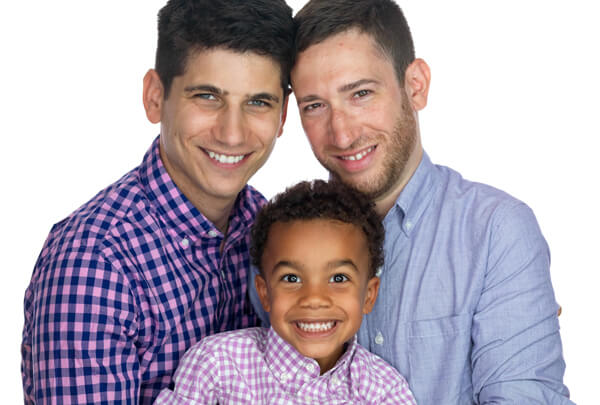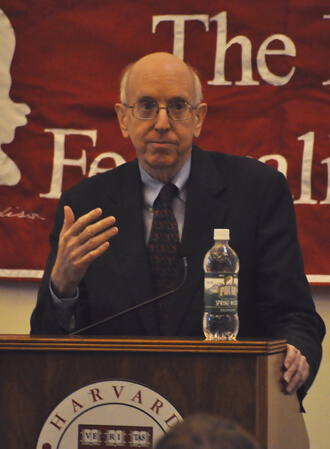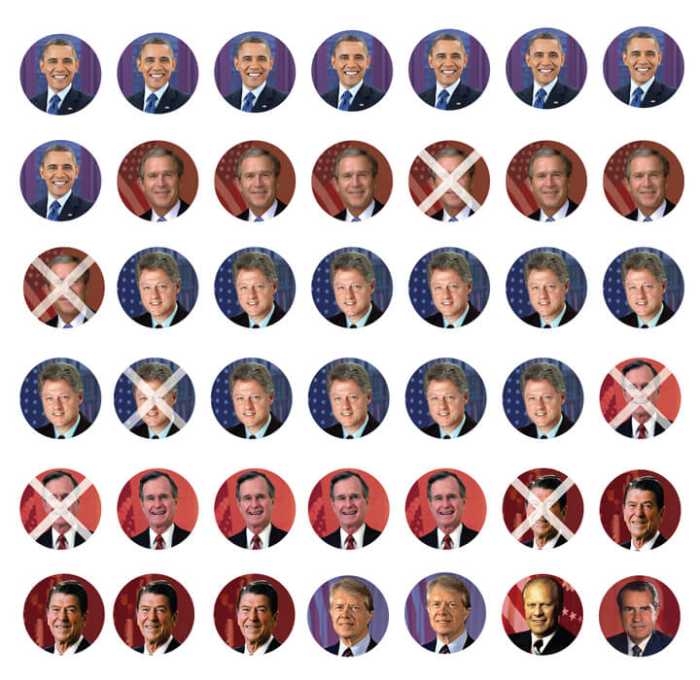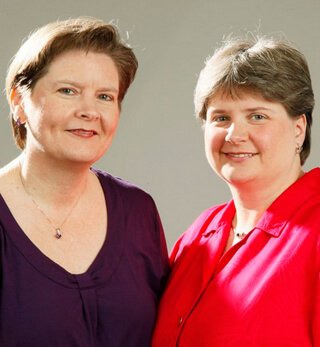Gabriel Blau (l.) with his husband Dylan Stein and their son Elijah. | FAMILY EQUALITY COUNCIL
For those who worry that the institutionalization of the LGBT rights movement, the community’s drive for equal marriage rights, and the desire by couples to raise children and protect their families inevitably diminish the exuberance and passion of gay life in earlier eras, the example of Gabriel Blau provides compelling evidence to contrary.
Blau, a longtime New Yorker, is the new executive director of the Family Equality Council and, at 33, perhaps the youngest head of a major national LGBT rights organization. Over lunch at Eisenberg’s Sandwich Shop in the Flatiron District recently, he was not once at a loss for another example of the unmet needs of LGBT parents and the children they are raising or of how addressing those issues can benefit the nation’s youth overall.
Gabriel Blau aims to refocus the nation’s policies and attitudes toward valuing everybody where they live
Blau is married to Dylan Stein, and the couple have a five-year-old son, Elijah, but he is well aware of how even in a marriage equality state like New York the challenges facing LGBT families can be daunting. He also readily acknowledged that his family is not like every other LGBT household, just as the notion of the “average” American family is a myth –– one that stands in the way of progress for all families.
The Family Equality Council, founded more than three decades ago, is now a $3 million a year operation that provides support, services, and advocacy for the three million LGBT parents and their six million children nationwide. The organization supports a network of about 120 family groups across the country and hosts half a dozen or so family days at locales ranging from Provincetown to Disneyland. Young adults raised by LGBT parents can tell their family’s story publicly through the organization’s Outspoken program, chaired by Zack Wahls, who captivated the nation by defending his moms’ marriage before the Iowa State Legislature several years ago. Grandparents of children raised by LGBT parents can do the same in a program dubbed Pearls of Wisdom.
One of Blau’s priorities is integrating the support and services programs of Family Equality with its advocacy push. “We have a tremendous policy team,” he said, with evident pride over the fact the group has been “one of five or six” called into the White House to discuss efforts to combat school bullying and to ensure access by LGBT families to the healthcare plans offered through the Affordable Care Act. Working with the Obama administration, gay advocates have ensured that best practices regarding LGBT families are a part of every option available in the state insurance networks rolled out on October 1.
Blau also noted that the amicus brief Family Equality filed in support of Edie Windsor’s successful challenge to the federal Defense of Marriage Act was cited in Justice Anthony Kennedy’s majority opinion.
In spite of his buoyancy over the group’s accomplishments, Blau, who previously served as the development director at Manhattan’s Congregation Beit Simchat Torah, was quick to point out that there are many vital players in the movement, who, he said, are all working in better collaboration since the recent successes against DOMA and Proposition 8.
“We pride ourselves on being very, very good partners,” he said of Family Equality.
There is plenty of work to do, and for Blau’s group that begins with the ability of LGBT couples and individuals to form families. Though very few states remain that have explicit legal restrictions on adoption and foster parenting, the group estimates that 33 of the 50 “have significant barriers.” These barriers exist in a nation with 400,000 children in foster care, 100,000 of whom are adoption-eligible; only 40,000 find permanent homes annually. Youth who age out of the foster care system having never been adopted, Blau said, are 60 percent more likely than average to run afoul of the law. And, study after study demonstrates that the best predictor of a child’s success as an adult is the stability of their family life growing up.
In too many instances, however, policies aimed at ensuring family stability are informed by a 1950s model of the nuclear family headed by a mom and a dad. In fact, Blau said, less than a quarter of families consist of a married heterosexual couple whose children were born to both parents. Which means that three quarters of families include same-sex parents, adoptive parents, single parents, divorced parents, or parents who relied on artificial insemination or surrogacy to bear their children.
“These families exist,” Blau said he argues to those on the right, disinclined to acknowldge diversity, who warn that it is gay and lesbian parents who are responsible for the “decline” of family life in America.
The challenges Family Equality faces are everywhere –– and everywhere they are different. New York gays have enjoyed marriage equality for more than two years, but couples looking to employ gestational surrogacy to begin a family must go out of state –– a legal hurdle that State Senator Brad Hoylman, who with his husband was forced to surmount that gauntlet to ensure the birth of their daughter, is hoping to change in Albany.
And, Blau recently worked with a couple in Long Island whose child endured years of harassment in public school before the family made the difficult financial decision to shift to a private school education. Fully 42 percent of children raised by LGBT parents report bullying and harassment in school, he said.
In his own life, Blau and his husband recognize that taking their young son on a cross-country car trip entails risks should they encounter a mishap in a state where legal protections for their family don’t exist and attitudes may be hostile.
Among all national groups focused solely on family units –– as distinct, for example, from groups for parents, like PFLAG –– the Family Equality Council is the only one with a clearly progressive agenda. Its budget is smaller than the smallest of the “family values” groups on the right and just 1/35th the size of the largest one.
Given that disparity, it’s not surprising that Blau emphasizes the need for cooperation in the LGBT rights movement. “We are valuing families,” he said in retort to those who ferociously contest his group’s agenda. Spending time listening to Blau’s vision leaves little doubt he will make that argument as often and as vigorously in as many venues as possible.






































